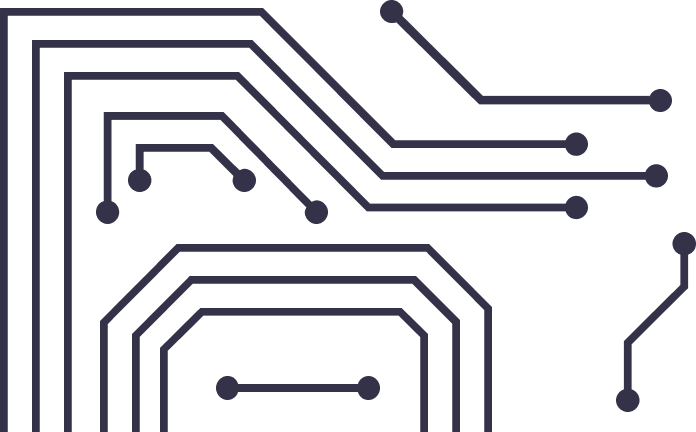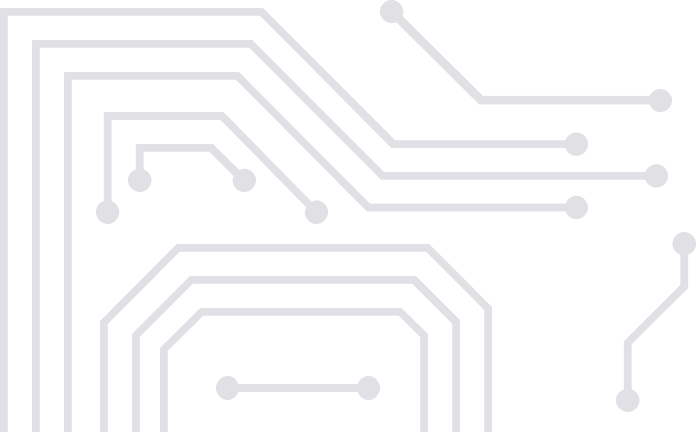A Collaborative Partnership – Blockchain and Data Analytics

The digitalization has brought forth an abundance of information and data, and together with it, the need for sophisticated data analytics. While on the surface, data analytics and blockchain might seem like opposing forces, they are, in fact, more friends than foes.
Blockchain
Blockchain is typically linked with cryptocurrencies, functioning as a decentralized and unchangeable ledger that meticulously logs transactions across a network of computers. Its predominant advantage lies in establishing a trustless ecosystem, eradicating the necessity for intermediaries, and guaranteeing transparency, security, and dependability.
Data Analytics
On the other hand, data analytics involves the systematic exploration of datasets to derive conclusions and facilitate well-informed decision-making. It encompasses a wide array of methodologies, encompassing descriptive, diagnostic, predictive, and prescriptive analytics, empowering organizations to extract valuable insights, enhance operational efficiency, and guide data-centric decision-making.
A Symbiotic Relationship
Data Integrity. The immutability of blockchain guarantees that data entered on the ledger remains invulnerable to tampering. This quality makes it an ideal platform for storing critical data. Data analytics can leverage this integrity to analyze data with the confidence that it has not been altered.
Supply Chain Management. Blockchain is progressively finding applications in supply chain management by establishing transparent records of goods’ movements. Data analytics can then be employed to enhance the supply chain, minimize inefficiencies, and forecast demand.
Fraud Detection. Blockchain’s transparency and auditability are valuable in detecting fraud. Data analytics can comb through blockchain data to identify irregularities, enabling early fraud detection.
Smart Contracts. Smart contracts on blockchain execute predefined actions when certain conditions are met. Data analytics can assess the performance of these contracts and provide insights to improve their efficiency and accuracy.
Identity Verification. Blockchain’s ability to securely store and verify identity data is enhanced by data analytics, which can help identify patterns and anomalies that could signal identity theft or fraud.
IoT and Big Data. The Internet of Things generates vast amounts of data. Blockchain can securely manage IoT data, while data analytics can process and extract meaningful insights from this data.
Challenges and Considerations
While the partnership between blockchain and data analytics is promising, several challenges exist:
Scalability. Blockchain networks may struggle to handle large volumes of data, impacting the performance of data analytics.
Privacy. The transparency of blockchain may conflict with data privacy regulations. Striking a balance is crucial.
Interoperability. Blockchain platforms and data analytics tools must work together seamlessly to harness their combined power effectively.
Energy Consumption. Some blockchain networks, like Bitcoin, consume a substantial amount of energy. Sustainable alternatives are being explored.
Blockchain and data analytics are not adversaries but complementary technologies. Blockchain’s trust and security provide a robust foundation for data analytics, enabling organizations to harness the full potential of their data while ensuring its integrity. As this symbiotic relationship evolves, it will empower industries across the board, from supply chain management to fraud detection, fostering a more efficient and secure digital ecosystem.










